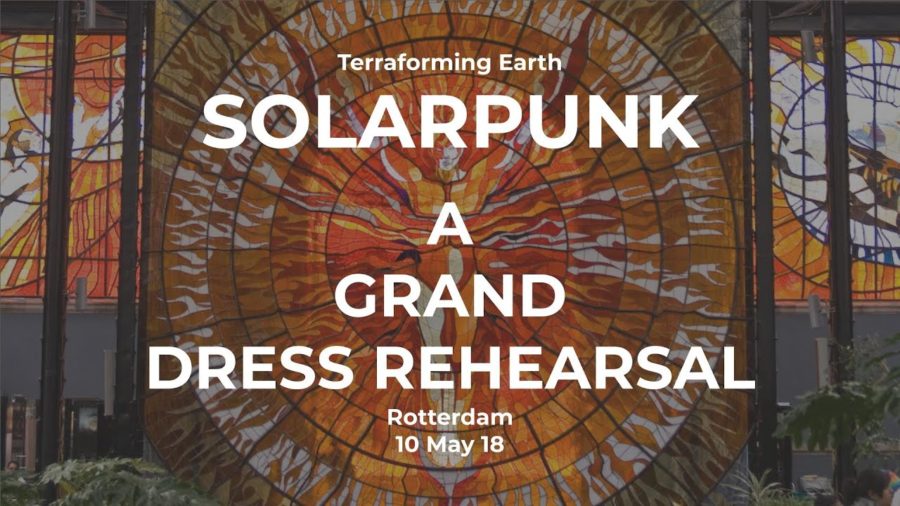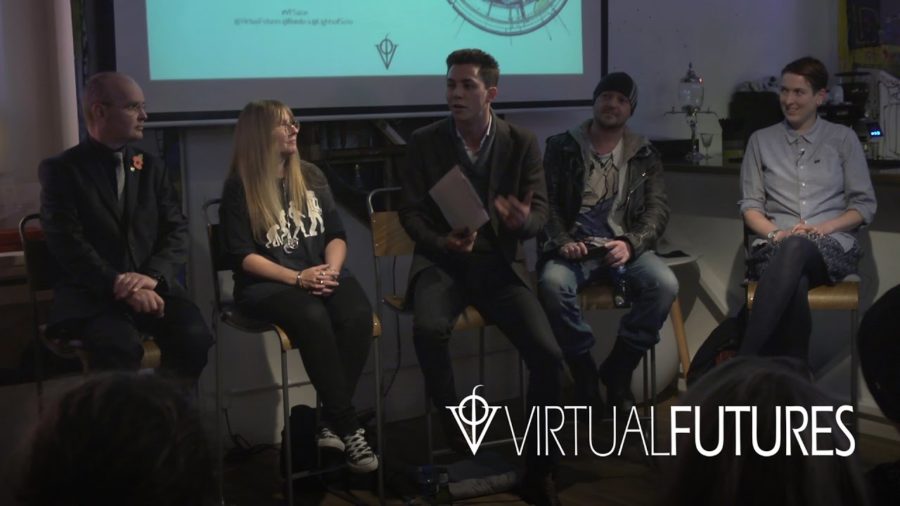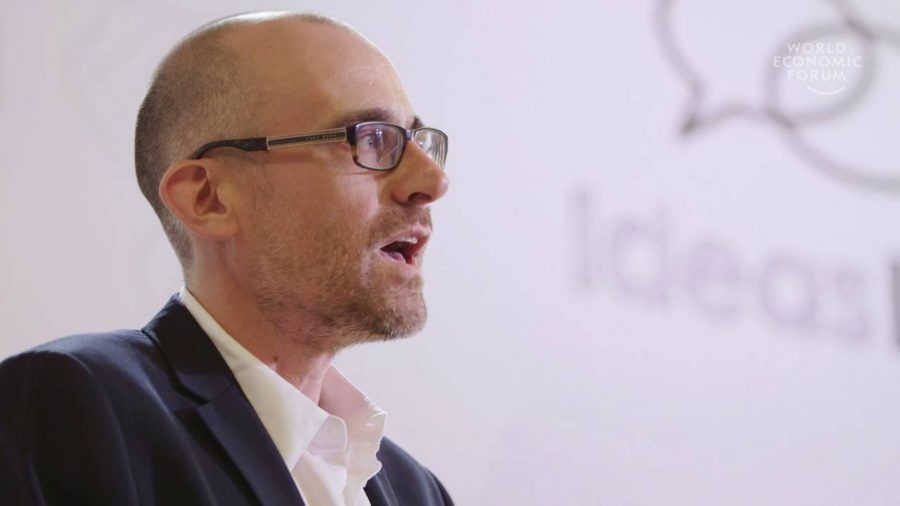Many of the concerns of the cyberpunk genre have come true. The rise of corporate power, ubiquitous computation, and the like. Robot limbs and cool VR goggles. But in many ways, it’s far far worse.
Archive (Page 1 of 2)
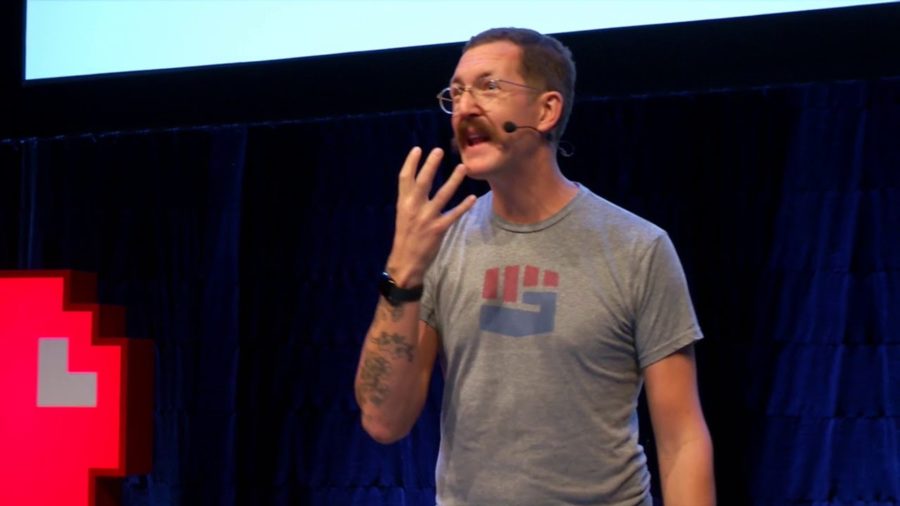
Every single futurist has one of these as the first slide in their deck. It doesn’t really matter what this is. An exponential curve, up and to the right. This represents all of technology. The past thirty years of technological evolution is described in this. This could be anything. This is processor power. This is memory per dollar. This is Internet penetration. This is the number of people playing Angry Birds.
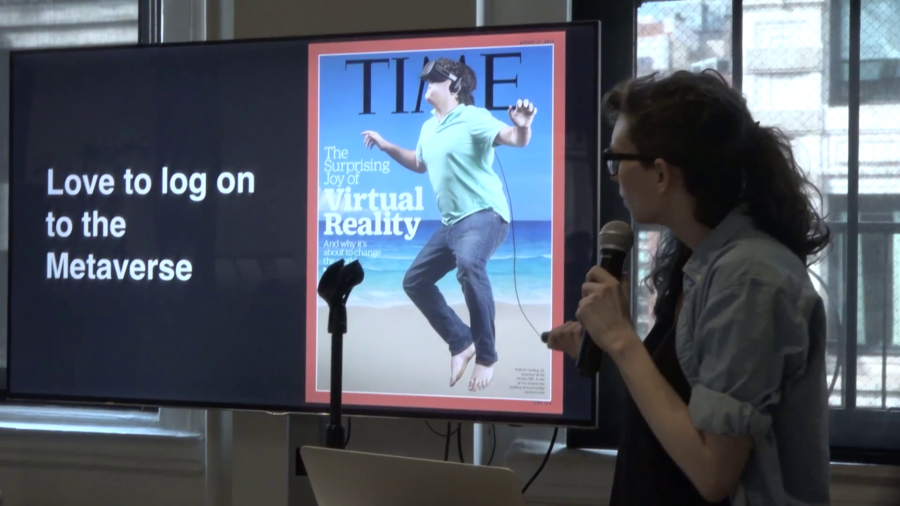
I’ve been trying to get as many weird futures on the table as possible because the truth is there are these sort of ubiquitous futures, right. Ideas about how the world should or will be that have become this sort of mainstream, dominating vernacular that’s primarily kind of about a very white Western masculine vision of the future, and it kind of colonized the ability to think about and imagine technology in the future.
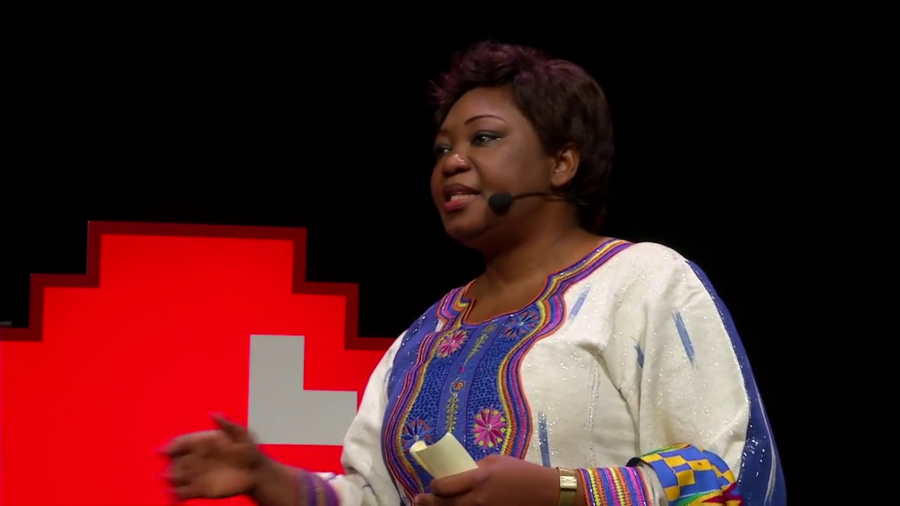
In Europe, there are about fifty-odd countries, and about 725 million people. That’s about the population of Europe at the moment. What’s the largest country in Europe in terms of population? Russia is. Russia has about 144 million, 145 million. But Nigeria has more than 170 million, and there are only about 40% of Nigerians who are connected.
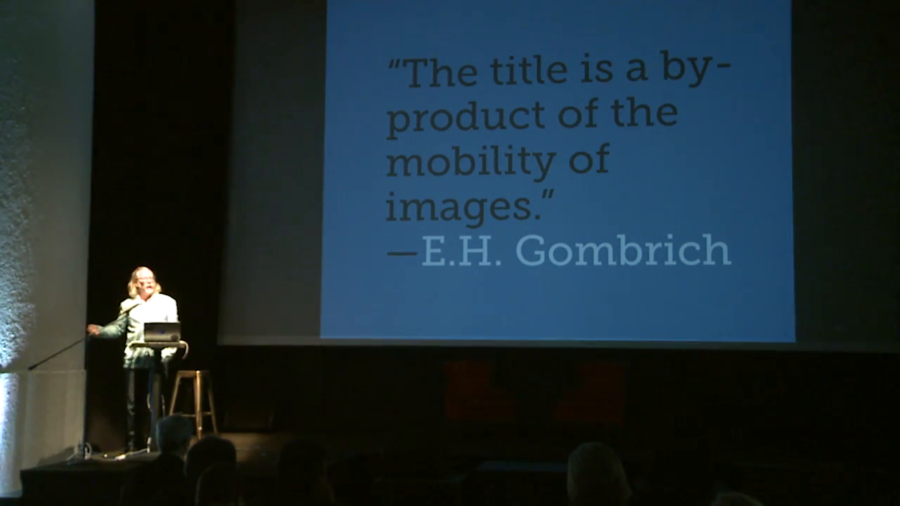
By and large images tend to always be in the lead, always running ahead because of ease of consumption, because it requires less brain processing on our parts. But text is never obliterated.

For most people on an individual level most the time, their future still feels very different from that of other people. We live in a world, for example, of enormous income inequality, right. So even though there is a global economy, it certainly doesn’t feel like one’s sort of day-to-day fate or destiny is linked to those of people around the world, even if it is in very invisible kinds of ways.

We have already changed the world a lot, not always for the better. Some of it’s for the better, as far as we human beings are concerned. But every time we invent a new technology, we like to play with that technology, and we don’t always foresee the consequences.
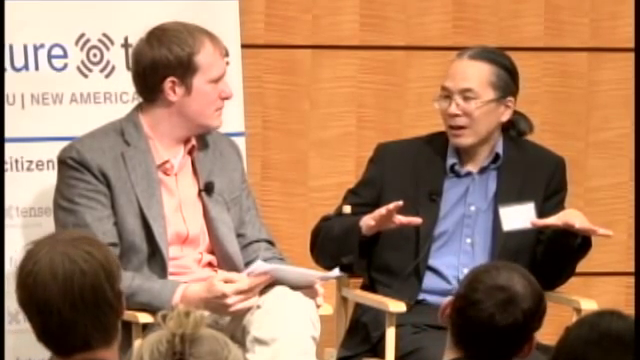
There’s already a kind of cognitive investment that we make, you know. At a certain point, you have years of your personal history living in somebody’s cloud. And that goes beyond merely being a memory bank, it’s also a cognitive bank in some way.

